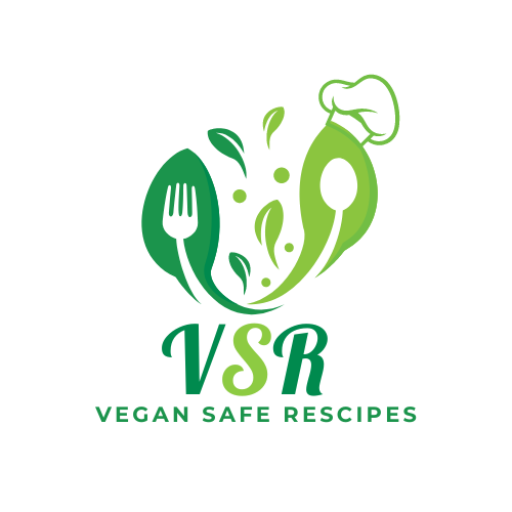Exploring Vegan Recipes for Food Allergies
In recent years, the demand for vegan recipes that cater to food allergies has grown significantly, leading to a versatile collection of delicious options for individuals with dietary restrictions. The platform, vegan Safe Recipes, offers a comprehensive selection of recipes specifically designed to address various food allergies, ensuring that everyone can enjoy nutritious and flavorful meals without compromising their health.
The recipes on this site are meticulously categorized into nut-free, gluten-free, and soy-free options. This categorization empowers users to easily navigate through the vast database, allowing them to find suitable meals that align with their specific dietary needs. These distinctions are vital, as they prevent cross-contamination and accommodate the varying sensitivities that individuals may have toward these common allergens.
Furthermore, the diversity of meal types available is noteworthy. The collection includes a wide range of choices, encompassing breakfast, lunch, dinner, and snacks. For instance, the breakfast section features scrumptious oatmeal bowls and smoothies, while the lunch options may include quinoa salads and wraps. After a long day, individuals can find comforting dinner recipes, such as hearty vegetable stews and grain-based dishes, which are not only allergy-safe but also fulfilling and flavorful. Additionally, there are numerous snack recipes, ranging from energy bars to popcorn, providing convenient and healthy options for those on the go.
The intention behind these carefully crafted recipes at vegan Safe Recipes is to ensure that dietary restrictions do not hinder enjoyment in mealtime. Each recipe prioritizes both flavor and safety, proving that delicious food can and should be accessible to everyone, regardless of their food allergies or dietary preferences. Ultimately, these recipes embrace a philosophy of inclusivity, making plant-based eating an inviting option for those navigating food sensitivities.
Managing Food Allergies and Ingredient Substitutions
Adopting a vegan lifestyle can be a rewarding experience, particularly for those with food allergies. However, careful management is essential to ensure safety and enjoyment. Identification of safe ingredients is the first step in this journey. Always remember to communicate your dietary needs when dining out or participating in social gatherings. One effective method is to familiarize yourself with the specific allergens to which you are sensitive, allowing you to quickly identify safe options and avoid potential triggers.
Reading labels is another critical strategy. Food manufacturers are required by law to list common allergens, such as nuts, soy, and gluten, but staying vigilant is key. Ingredients can vary significantly between brands and products, so take the time to examine each label. Look for vegan certifications, which can often signal a product is free from animal-derived ingredients, but do not solely rely on this—always check for allergens.
Avoiding cross-contamination is equally important, particularly when preparing meals at home. Thoroughly clean surfaces, utensils, and cookware before use to eliminate traces of allergens. When cooking for others, consider creating a designated area in your kitchen for allergy-safe meal prep. This will help minimize the risk of cross-contact and ensure that you can confidently enjoy your meal.
In terms of ingredient substitutions, there are many vegan-friendly alternatives available that cater to various allergies. For instance, if you have a nut allergy, seeds such as sunflower or pumpkin work well as a substitute for nut butters. Likewise, aquafaba (the liquid from canned chickpeas) can replace eggs in many recipes, providing the binding needed without triggering allergies. Each substitute not only serves to maintain the integrity of the dish but fosters creativity in the kitchen.
Finally, community support can play a crucial role for those with food allergies navigating a vegan diet. Engaging with platforms like vegansaferecipes provides an opportunity to share experiences, swap allergy-friendly recipes, and cultivate a sense of belonging. This support network can be invaluable when exploring new culinary paths without compromising safety.
